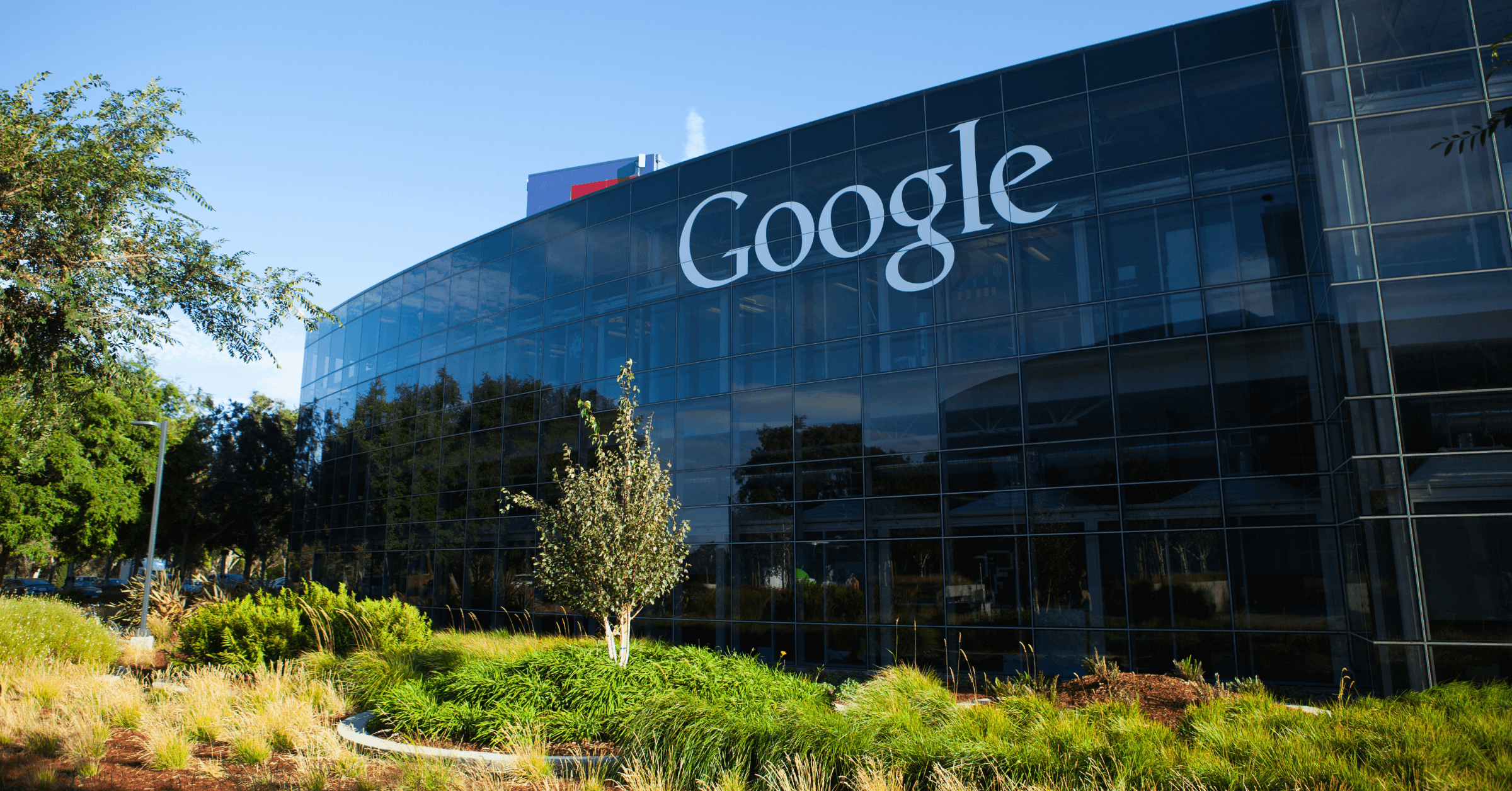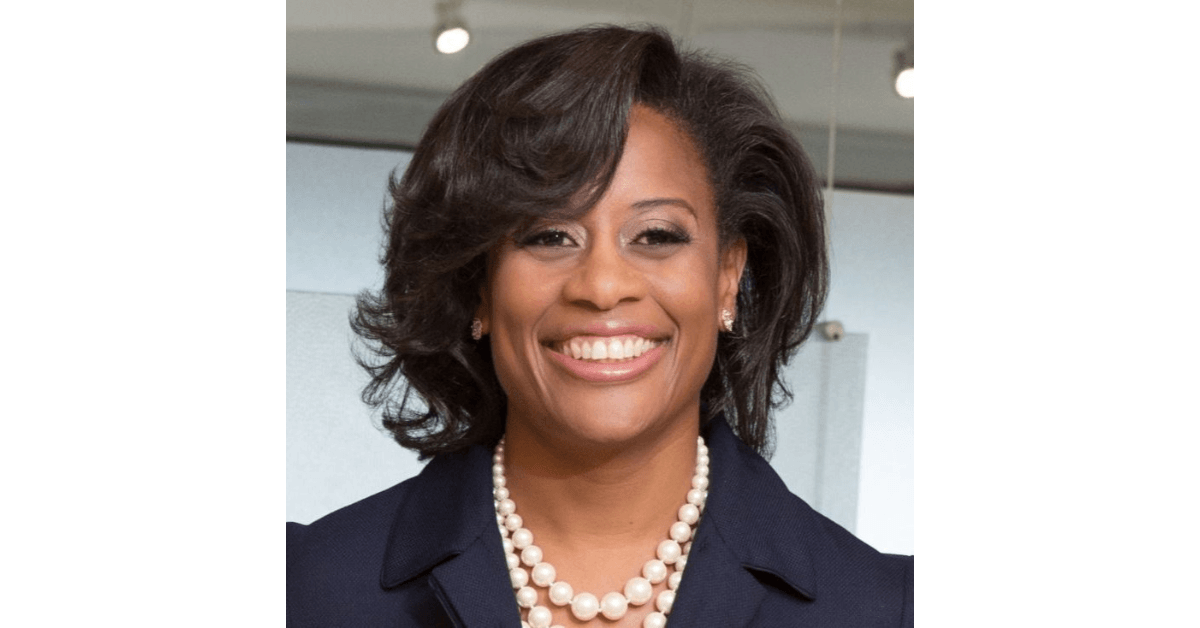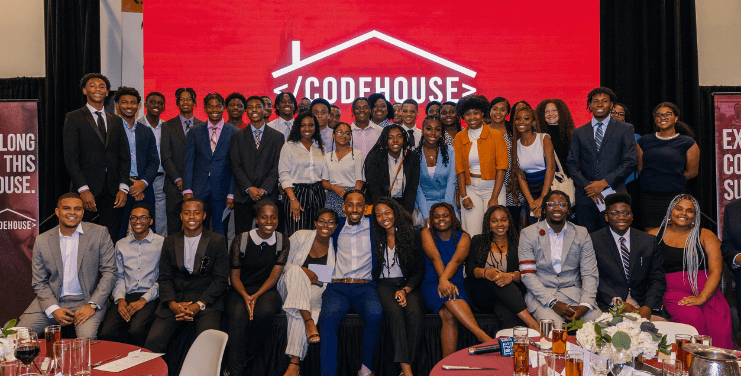Facebook is investing $50 million over two years in global research and programs as the company works on “responsibly” building the metaverse, a set of virtual spaces where users can interact with other people who are not in the same physical space. Among its global partners, Facebook has listed Howard University as the only school in America they are partnering with on this multi-million dollar investment.
“With support from Facebook, Howard will document the diversity that has always been in America’s IT workforce,” William Spriggs, economics professor at Howard and one of the researchers working with Facebook, told The Plug. “It isn’t America’s IT workforce that needs diversity, it is the firms of Silicon Valley that need to include the best of America’s talent.”
Facebook is working with experts in government, the tech industry and academia on four key areas of the future metaverse: economic opportunity, privacy, safety and integrity, and equity and inclusion. Some of its other partners include the Organization of American States — a group of 35 countries across North, South and Central America — in addition to Women In Immersive Tech, the University of Hong Kong and the National University of Singapore.
Currently, Facebook’s main metaverse product is Facebook Horizon, which allows users to play games and even lets co-workers interact in a virtual reality office setting.
Howard declined to disclose how much they are receiving from Facebook for the research, but Spriggs said Silicon Valley has segregated itself from the broader IT talent pool. Just 2.1 percent of Facebook’s tech workforce is Black, according to the company’s 2021 diversity report.
“As we move forward, we clearly need IT workers with different worldviews about technology,” Spriggs said.
Though the metaverse is still in its infancy, companies are already emerging to corner a piece of the virtual reality market, which is expected to be $80.16 billion by the end of 2026.
Facebook’s metaverse announcement comes as it faces a firestorm of controversy after a Wall Street Journal investigation detailed how the company has known for years about the harmful impact Instagram, which is owned by Facebook, has on teens and especially young girls. On Sep. 27, the company announced it was pausing an effort to build an “Instagram Kids” app.
On Thursday, senators held the first of two hearings about the WSJ report. “[Facebook] has attempted to deceive the public and us in Congress about what it knows, and it has weaponized childhood vulnerabilities against children themselves,” Sen. Richard Blumenthal said during the hearing. “It’s chosen growth over children’s mental health and well-being, greed over preventing the suffering of children.”
“We strongly disagree with how [the Wall Street Journal] reporting characterized our work,” Antigone Davis, Facebook’s global head of safety, said in written testimony. “I want to be clear that we are not diminishing the importance of these issues or suggesting that we will ever be satisfied if anyone is struggling on our product. It’s why we conduct this research: to make our platforms better, to minimize the bad and maximize the good, and to proactively identify where we can improve.”
Facebook has long fought regulation amid many racial discrimination, antitrust, misinformation and privacy scandals. Yet U.S. law currently provides immunity for internet companies like Facebook from being liable for user-generated content on their sites. Critics say without fixing the problems with social media today, the metaverse will be built on a broken system.
“It is good that Facebook is discussing behavioral standards for the metaverse, but it is not sufficient,” Tom Wheeler, visiting fellow in Governance Studies at The Brookings Institution, wrote. “We must not be distracted by the shiny new metaverse and forget that we have yet to resolve the challenges in the current online universe—problems that will simply metastasize into the metaverse if we don’t deal with them now.”








